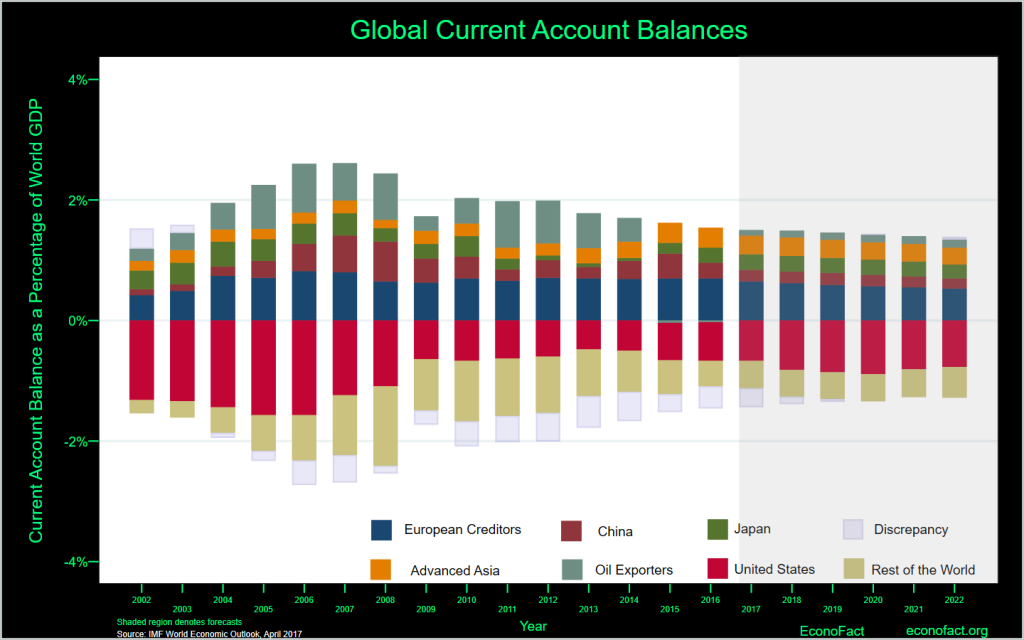That’s the title of an excellent review authored by two leading experts, Stijn Claessens and Ayhan Kose, that is required reading for anyone who wants to glean the implications of asset price movements for what’s going to happen in the real economy. From the conclusion:
Challenges to theoretical and empirical findings. The links between asset prices and activity differ from the predictions of standard models in a number of ways. First, asset prices are much more volatile than fundamentals would imply and can at times deviate, or at least appear to do so, from their predicted fundamental values. The term structure of interest rates is not fully consistent with the simple expectation hypothesis. Although exchange rates can be modelled as the present value of expected fundamentals, they appear to be overly volatile,
as is the case between equity prices and their underlying dividend streams (the puzzle of “excess volatility”). Moreover, macroeconomic and financial news seem to have an exaggerated effect on asset prices: equities, bonds and currencies overreact to news about cash flows and other fundamentals.
